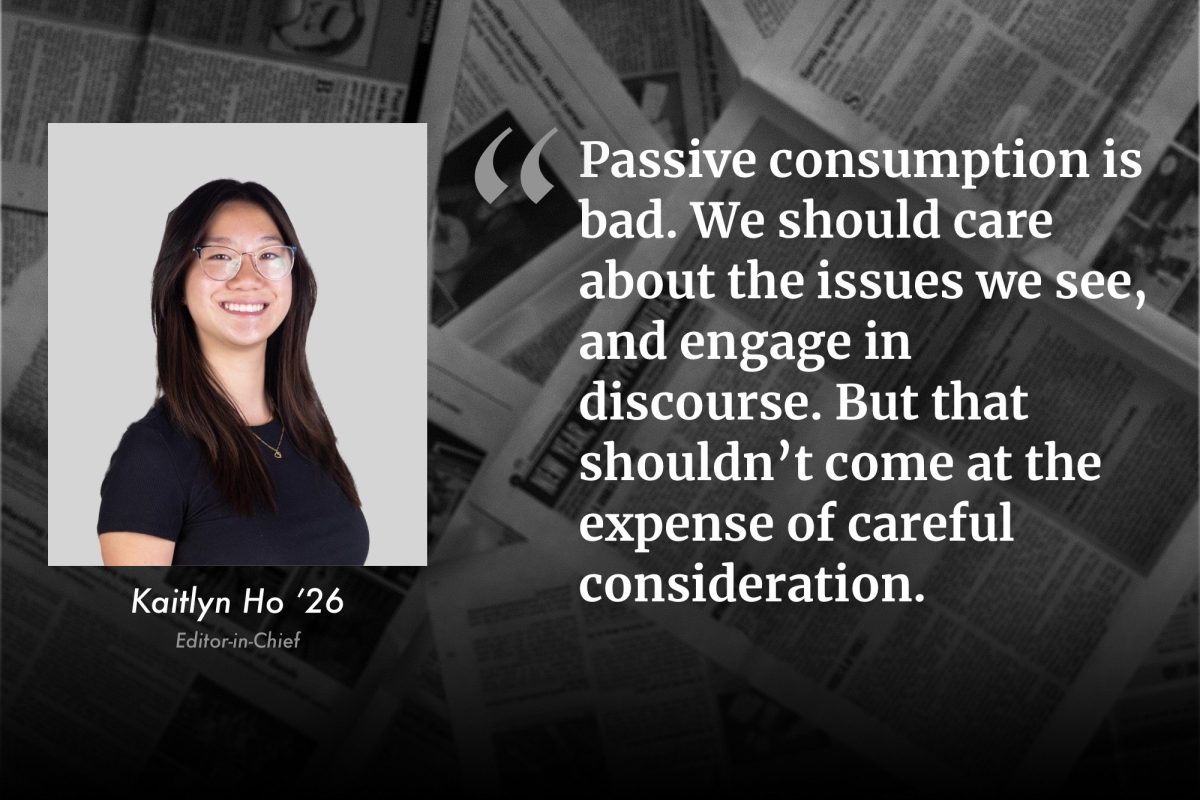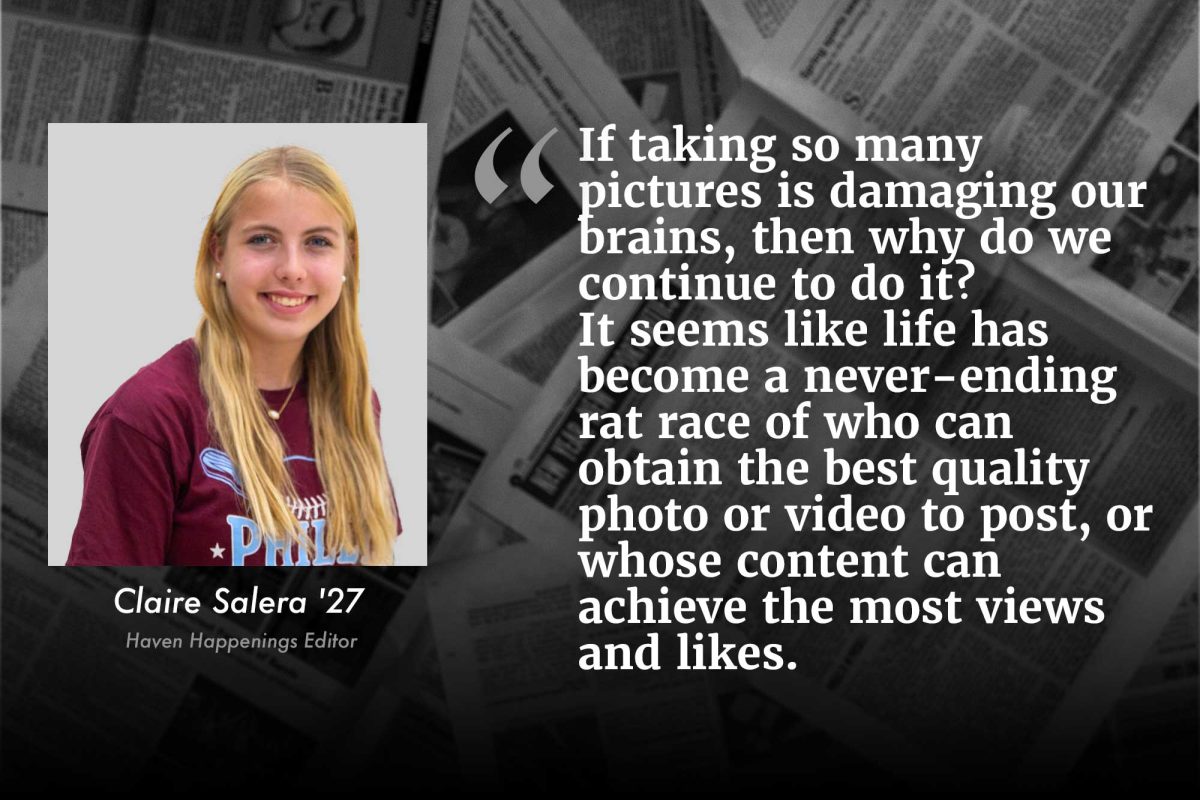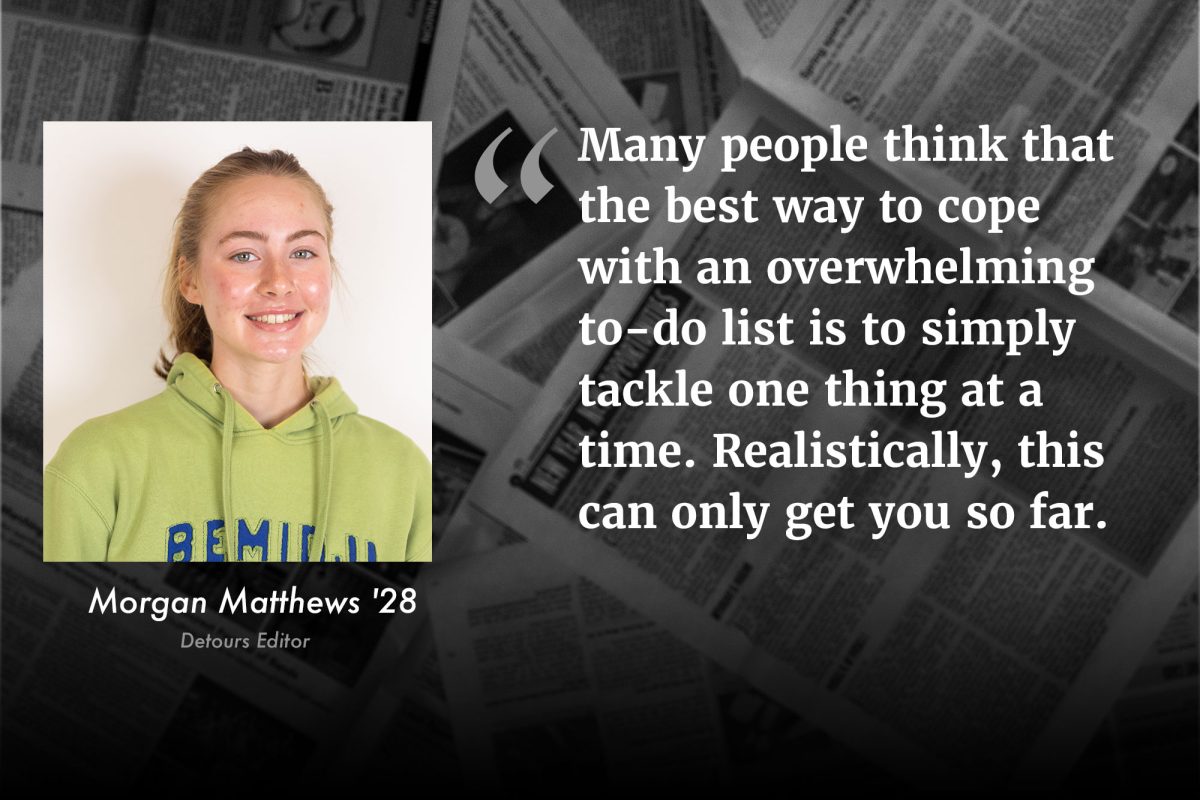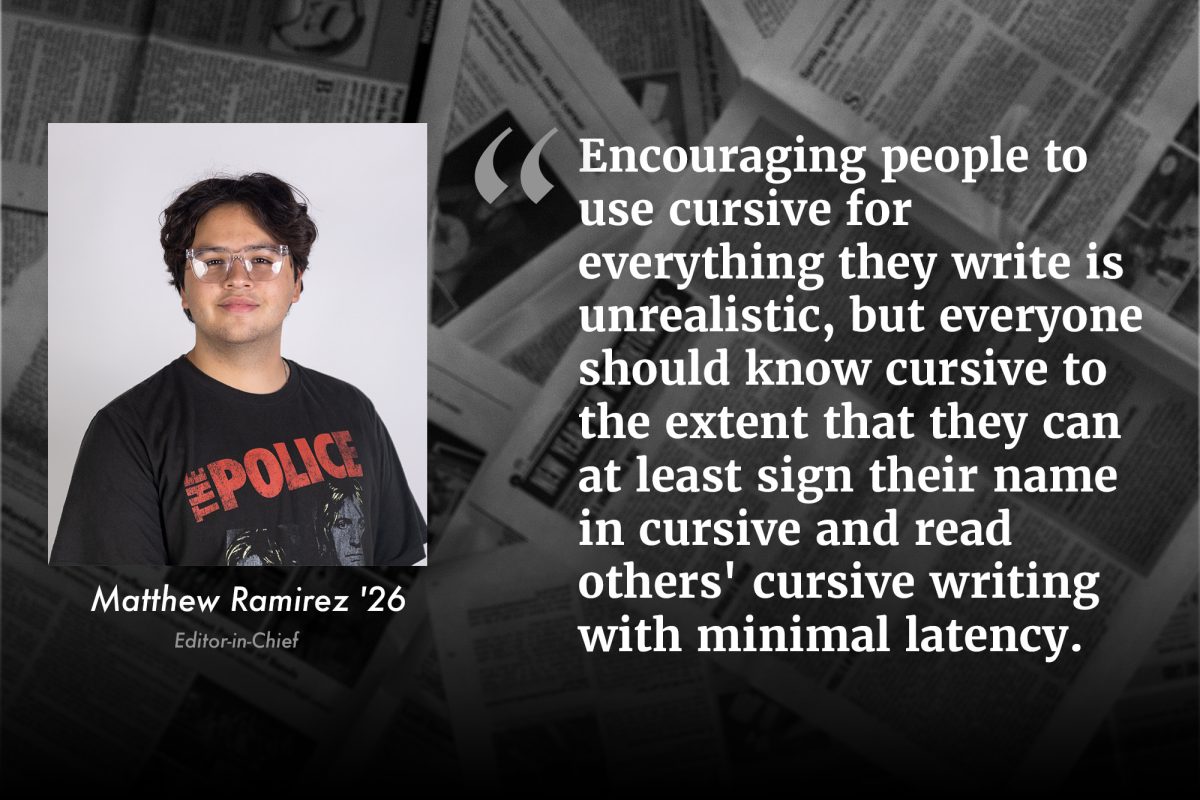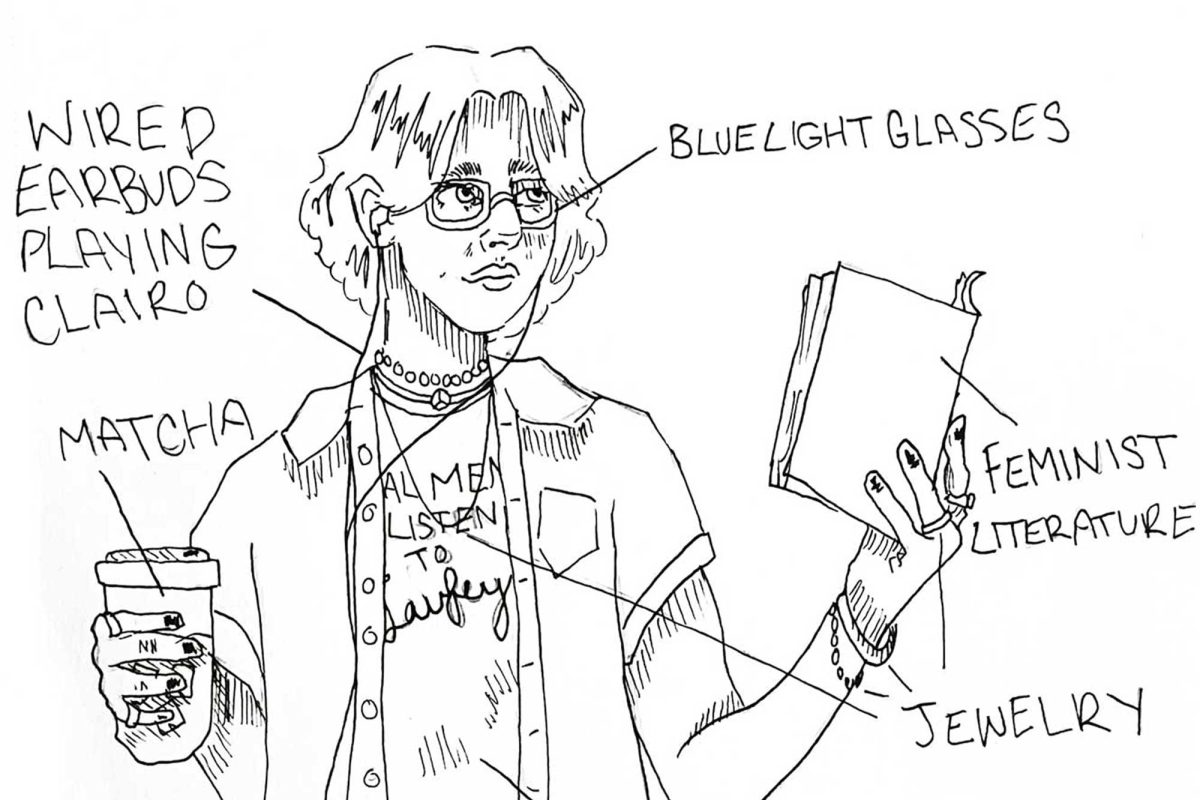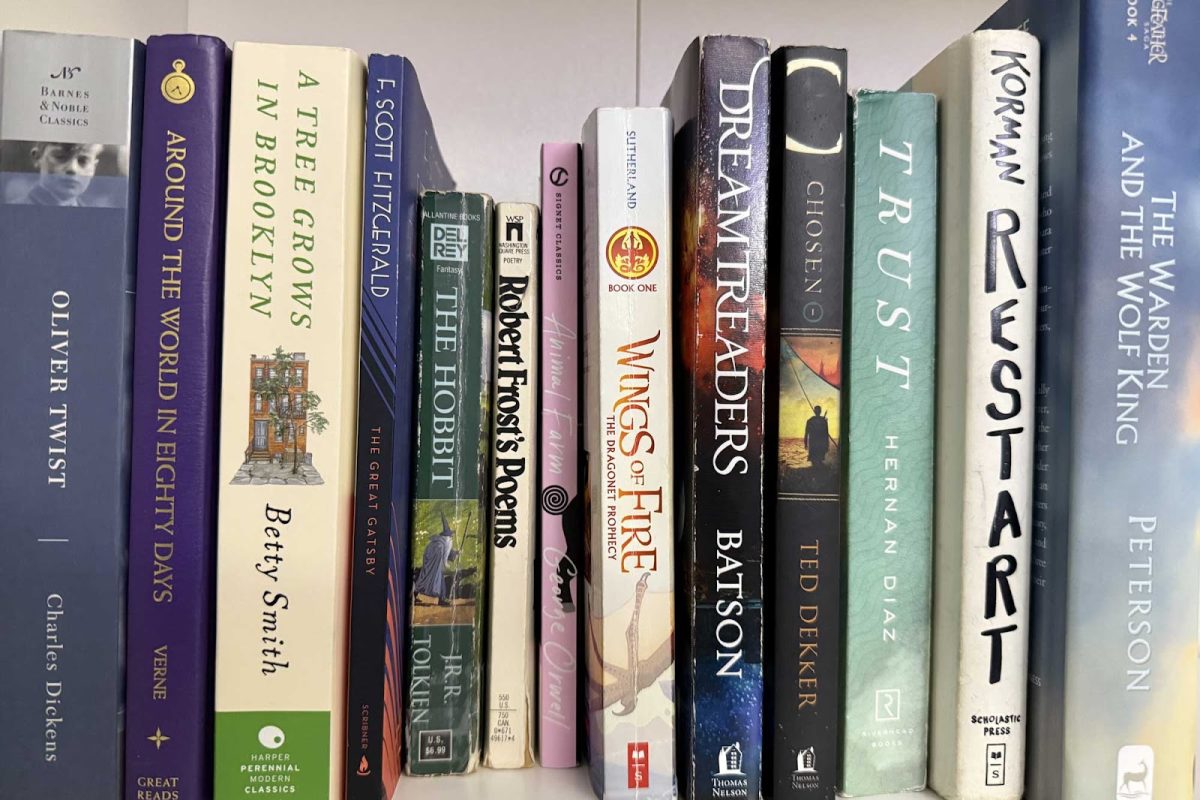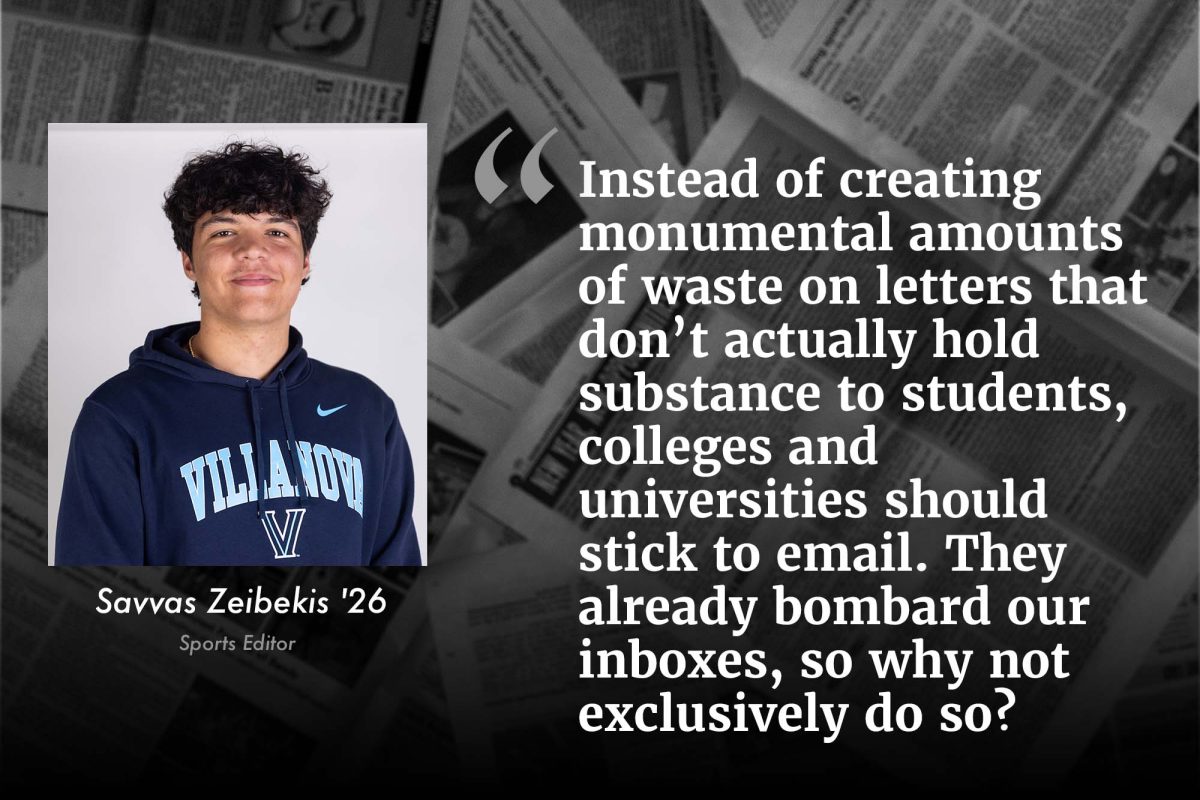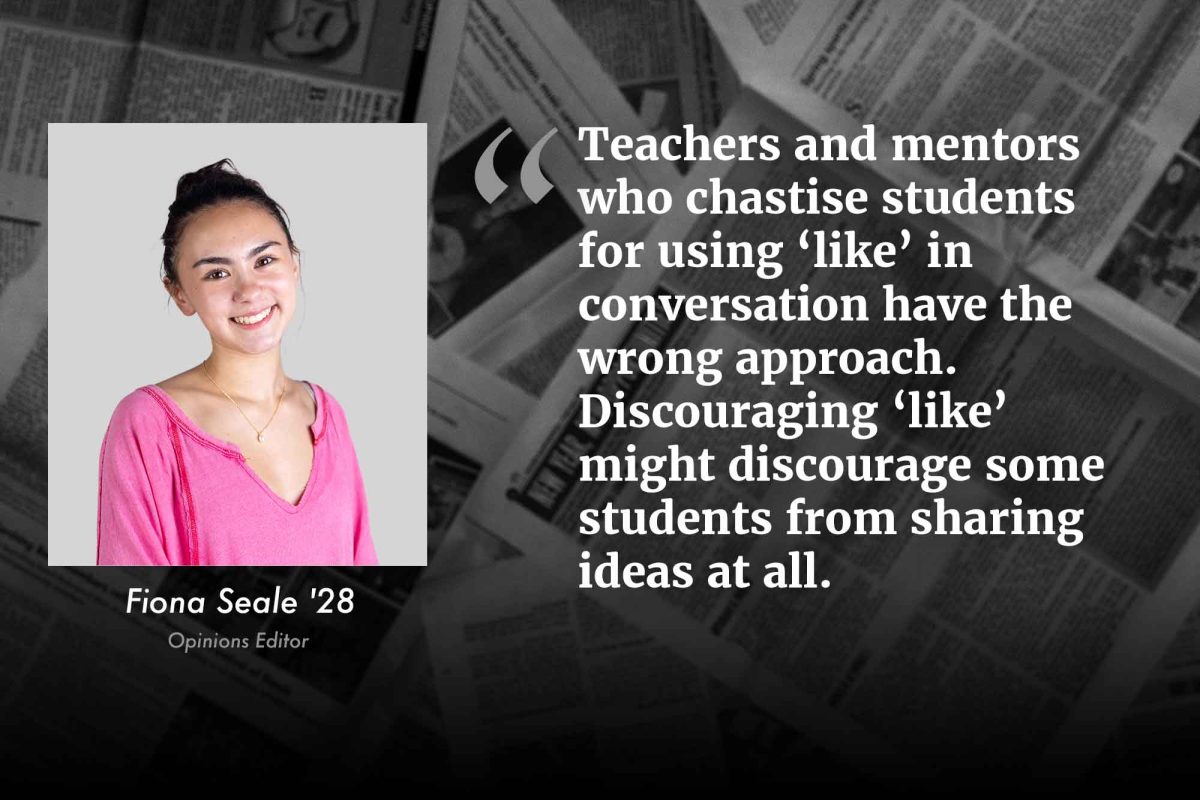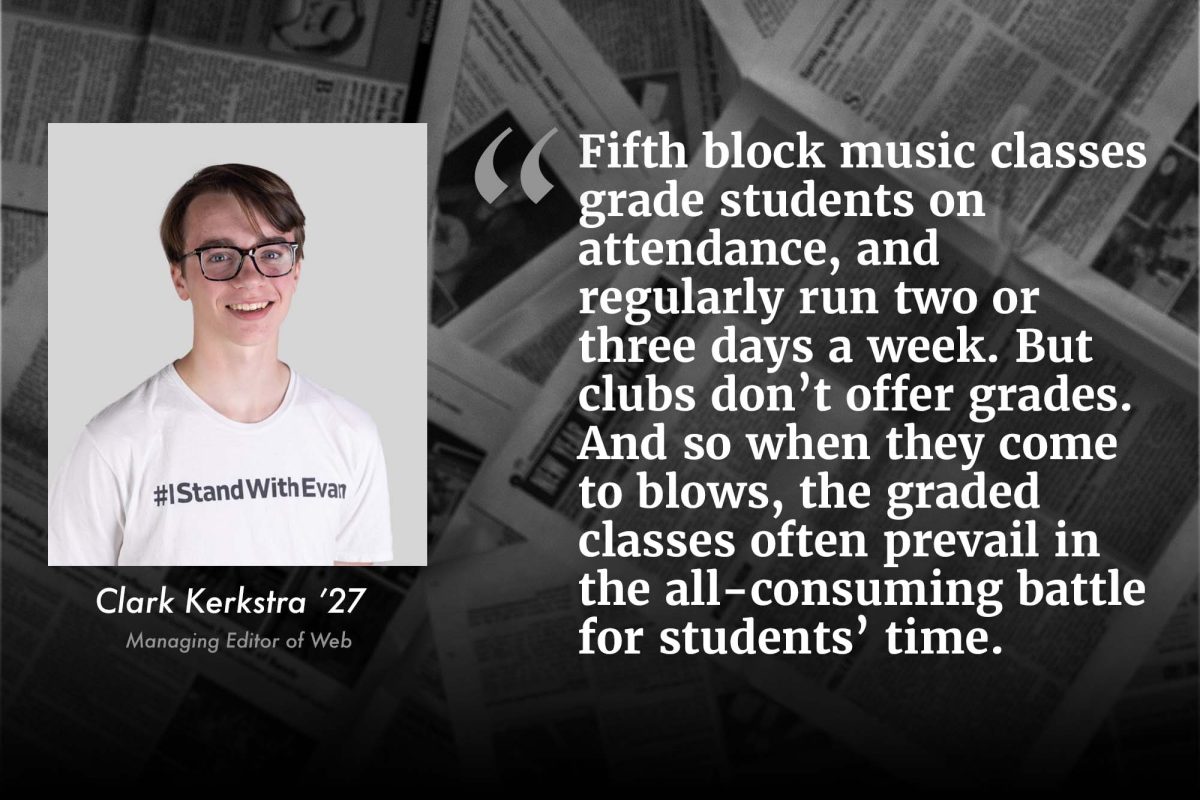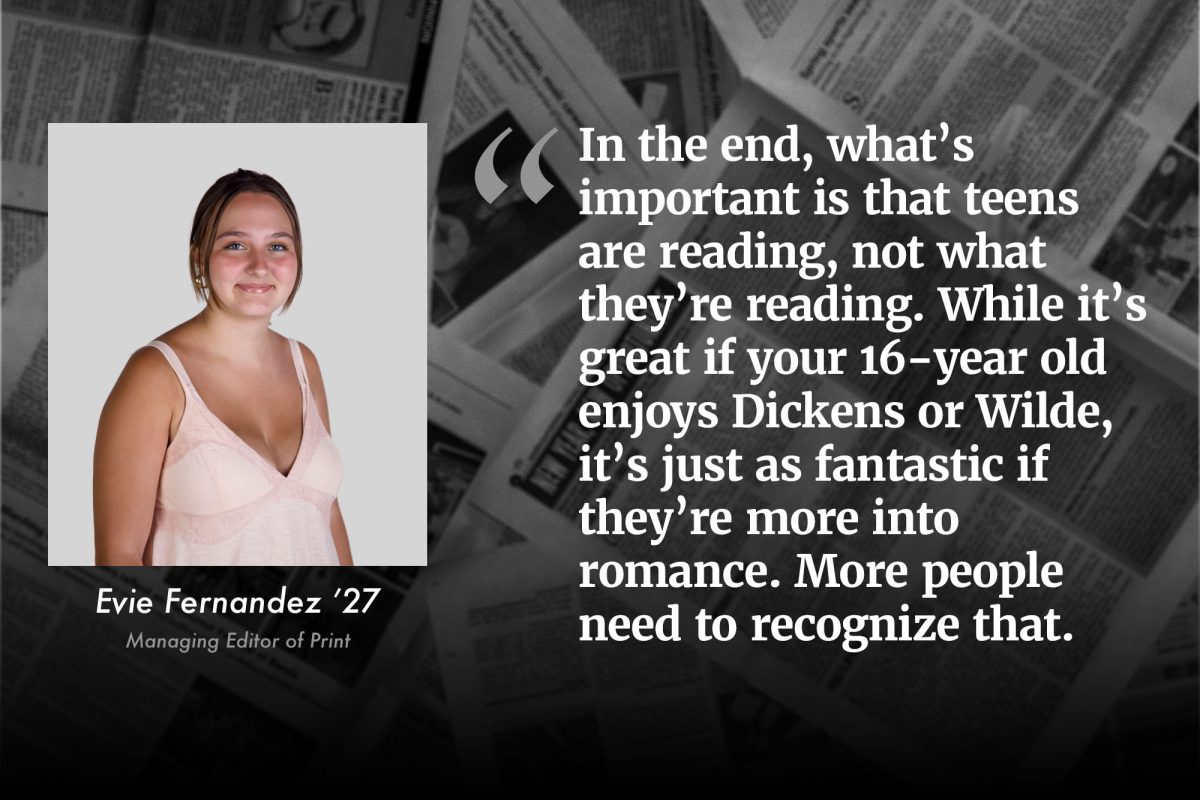We crave instantaneous black-and-white opinions because we want to feel supported. It’s far more uncertain and vulnerable to say, “I don’t know how I feel about this, and I need more time to think about it.”
But we don’t get more time. We watch the video, we make a snap decision on our opinion of it, and we scroll past. Often we don’t seek out opposing views of the new reality that video just established.
I struggled to figure out what topic to write about for this column. I wanted to find something I had a strong enough stance on that I could stand by unquestionably, so I scrolled through my Instagram feed in search of an opinion.
Is choice feminism right? Which college has the best dining halls? Is the two-party system of politics in the US bad? Should you watch the new Harry Potter HBO show coming out if doing so means JK Rowling will benefit from it? Is it okay to use AI if it uses up a lot of energy? Who’s on the Epstein Files?
People stage epic wars in long comment threads of arguments, emphatically parroting opinions they saw in the video or from some creator of the opposing side.
I wanted to have an opinion on these divisive topics, too. Content creators I trust were taking sides, and I wanted to feel comforted that I agreed with them.
However, if I really thought about it, any opinion I formed in the moment was because of that creator — not because I really believed in the opinion itself.
We don’t have to have an opinion on everything all of the time at once. Yes, passive consumption is bad. We should care about the issues we see and engage in discourse. But that shouldn’t come at the expense of careful consideration. Otherwise, that discourse becomes a tone-deaf screaming match.
Ask yourself why you have that opinion. Was it because of a clip you saw, or a statistic? Are the building blocks of your new opinion on whether “clanker” is an appropriate term even real?
For example, your friend may claim the book you read for English was awful because the main character is annoying. At first instinct, we want to agree with other people’s opinions, even if we initially disagree. In fact, we want to agree with the people around us so much that it can warp our sense of reality.
Agreeing with your friend about that book becomes performative. Of course you agree, because they are your friend. The same goes for content creators on social media; we trust them to make opinions that we should agree with, despite the fact you thought that character wasn’t that annoying, or you hadn’t read that book at all in the first place.
We could think of opinions like decisions. We know to avoid making major decisions when we’re mad — sleep on it, instead. Why can’t we do the same for opinions? Forming opinions only after considering all sides of the argument will be one of the most important steps to depolarizing our interactions.
Arguing is stressful, so it is tempting to support the opinions that fill our algorithmic feeds. Researchers in 2023 found that around 61% of U.S. adults find political conversations with people they disagree with to be stressful and frustrating.
But most students want to live in a future where we can have interesting conversations with others, whether we agree or disagree. For that world to come true, we need to take in more information than we find in our feeds as we learn to express our own opinions.
So before you make an opinion on the newest TikTok to grace your feed, pause before you make that snap decision. Please know that it’s okay to decide that this new information is about a topic that deserves more attention than a 34-second video can give you.



